The Federal Government of Nigeria – through the Minister of State, Petroleum Resources, Heineken Lokpobiri – waded into the heightened row in the mid and downstream petroleum industry between Dangote refinery, the regulator and refined oil importers.
The government was facing accusations of chasing away investors when the core investor in Dangote refinery publicly said he regrets going into the venture and offered the refinery up for sale to the government.
He accused importers of refined petroleum products of bringing in substandard fuel and falsifying the papers to say the products are wholesome.
He said even the government-owned Nigerian National Petroleum Company Ltd, NNPCL, and some petroleum products importers own a blending plant off Malta from where they bring in dirty fuel using forged certificates, a claim denied by NNPCL.
He further accused the regulator of complicity in issuing import licences to persons and companies to import dangerously poor-quality fuel.
The Federal Government-organised meeting on 22 July, 2024, was attended by the owner of Dangote Industries Ltd, Aliko Dangote; the Chief Executive Officers of the mid and downstream petroleum regulator, NMDPRA, Farouk Ahmed, and that of the upstream regulator, NUPRC, Gbenga Komolafe; as well as the NNPCL boss, Mele Kyari.
Minister of State Lokpobiri, who chaired the meeting, said the parties discussed frankly and were desirous to de-escalate tensions and end the problems in the industry.
The leadership of the House of Representatives visited Dangote refinery in Lagos on 20 June, 2024.
The Speaker Tajudeen Abbas and Deputy Speaker Benjamin Kalu led the delegation which includes Chairman, House Committee on Downstream, Ikenga Ugochinyere, and Chairman, Midstream, Okojie Odianosen.
Two samples of diesel were collected by them from (TotalEnergies and Matrix Retail) filling stations in Lagos on their way. They supervised a sample collection of finished diesel from Dangote refinery, and the three were tested in Dangote’s refinery laboratory.
In five minutes, the results were out: Dangote refinery diesel had 87.6 ppm of sulphur, TotalEnergies diesel – 1,829 ppm, and Matrix Retail – 2,653 ppm.
The test was done using the Energy Dispersive X-ray Fluorescence Spectro Photometer or the ASTM D4294 method.
The method is seen as reliable, and Dangote’s refinery laboratory got a preliminary accreditation by the regulator on March 28, 2024, to do such tests, but only for products from the refinery.
Dangote refinery says the sulphur content in its products has gone down from 650 ppm when it started refining diesel.
The refinery also denied accusations of wishing to be a monopoly, saying the government has three refineries – Port Harcourt, Warri and Kaduna.
There are also many private modular refiners, and the regulator was subtly, accused of favouring International Oil Companies to be importing petroleum products.
The House of Representatives promised to investigate the impasse.
On 19 June, 2024, Farouk Ahmed, the Chief Executive Officer of the Nigerian Midstream and Downstream Petroleum Regulatory Authority, NMDPRA – the regulator in that subsector – came out in defence of his agency against corruption, inefficiency and partiality towards petroleum importers.
Many Nigerians feel that the so-called import cabal who are making big money are being favoured by the government to keep importing products from crude oil exported from the country. Nigeria produces about two million barrels of crude oil a day, but imports most of its refined petroleum products.
Another reason, some people say, is political: A leading local refiner, Dangote Industries Ltd, is being punished because the owner did not support the ruling party, nor contributed towards its success, in the general election of 2023.
Farouk Ahmed denied any partiality. He told journalists that for now, the truth is that products from Dangote refinery are higher in sulphur content than imported products. It is also for national security and Nigeria’s interest not to solely rely on an energy monopolist.
His statement:
“Well, as you rightly asked, there are a lot of concerns about supply of petroleum products nationwide, and the claims by some media houses that we are trying to scuttle Dangote refinery, that’s not so.
Dangote refinery is still in the pre-commissioning stage. It has not been licenced yet. We haven’t licensed them yet.
They are still pre-commissioning. I think they are at 45% completion. So, we cannot rely heavily on one refinery to feed the nation because Dangote is requesting that we suspend or stop all importation of petroleum products especially AGO (Automotive Gas Oil or diesel) and Jet Kero and direct all marketers to their refinery.
That is not good for the nation in terms of energy security, and that is not good for the market because of monopoly.
So, in terms of quality, currently the AGO quality in terms of sulphur is the lowest as far as West African requirement of 50 ppm (is concerned). Dangote refinery as well as some (modular) refiners like Waltersmith and Aradel refinery, they’re producing between 650 to 1,200 ppm.
So, in terms of quality, their quality is much, much inferior to the imported quality.”
Same day, Anthony Chiejina, spokesperson for the Dangote group, said, “Until last year, diesel imports into Nigeria were up to 7,000 ppm of sulphur which has been going on for many years. Our diesel is produced currently at significantly lower levels of sulphur. What we’re producing is 80% of what is being imported into the country.”
Chiejina did not give the sulphur level of Dangote diesel, but market sources put it at about 650 to 700 ppm.
This level is legitimate.
Economic Community of West African States, ECOWAS, in 2020, in their African Fuel Roadmap adopted 50 ppm of sulphur as the maximum for petroleum products. Local refiners were however, given till 31 December, 2024, to comply. Nigeria’s Petroleum Industry Act of 2021, Section 317, upholds and domesticated such ECOWAS treaty.
Dangote refinery started producing diesel in April, 2024.
Although the full capacity is 650,000 barrels of crude per day, it started with 350,000 bd, and hopes to scale-up to 500,000 bd by August, 2024.
With it’s de-sulphurisation units operational, Dangote refinery will then cut down the sulphur content in its products to10 ppm by December, 2024.
The Depot and Petroleum Products Marketers Association of Nigeria, DAPPMAN, were accused of importing products with more than 50 ppm of sulphur. The ECOWAS treaty does not exempt imports, and NMDPRA was accused of complicity in licensing them.
In December, 2023, to January, 2024, diesel with well over 1,000 ppm of sulphur was allegedly imported into Nigeria.
The Crude Oil Refineries Association of Nigeria, CORAN, protested that importers are dumping dirty fuel in Nigeria.
US, EU and UK imposed a cap on Russian petroleum products on 5 February, 2023, and the products are finding their way to West Africa, the refiners say.
They land offshore in Lome, Togo, in a mother ship, and are discharged onshore in small daughter ships to Nigeria.
Belgium and Netherlands recently banned exports to West Africa for such purpose.
On 6 July, 2024, the Nigerian Senate, following a Motion by Senator Asuquo Ekpenyong, Cross River South, ordered an investigation into dirty fuel said to be flooding Nigerian market.
Senator Ekpenyong said that on 16 June, 2024, diesel cargoes numbering 12 with 660 KT of diesel from offshore Lome, sailed and berthed in a jetty in Warri, Nigeria, on 21 June, 2024. Former labour leader, Senator Adams Oshiomhole, Edo North, supported the Motion for a Senate investigation.
The heat was on.
On 23 June, 2024, the Vice President, Oil and Gas, Dangote Industries ltd, Devakumar Edwin, told energy editors in a one-day training workshop in Lagos that NMDPRA is indiscriminately licensing and aiding importation of dirty diesel and jet fuel into Nigeria.
This did not go down well with DAPPMAN.
On 25 July, 2024, NMDPRA called a meeting of both marketers and domestic refiners in Abuja.
The meeting was described as well-attended with the Group Chief Commercial Officer of Dangote industries, Rabiu Umar; Executive Vice President, Downstream, NNPCL, Dapo Segun; and other private refiners like Group Managing Director of Rain Oil, Dr Gabriel Ogbechie, among the attendees.
At the end, Ogbugo Kalu, Executive Director, Distribution Systems, Storage and Retailing Infrastructure, NMDPRA, told journalists that the meeting was fruitful.
He admitted that imported diesel was really high in sulphur by late 2023, but that NMDPRA pegged the ceiling to 200 ppm in February, 2024, and has been strict in enforcing it.
By June, 2024, the average compliance rate went from 200 ppm to 50 ppm of sulphur in imported diesel, he said.
Importers must have felt unhappy as local refiners were untouched by these NMDPRA regulations and will remain so until December, 2024, thereby, placing their business at a disadvantage.
Importers have a more expensive product with less sulphur competing with local refiners with higher sulphur products which are cheaper, in the same market.
Dangote refinery reduced the price of its diesel by 37% on April 16, 2024. It says that is because it was making normal profit even at that price.
The local refiners were afraid of a monopoly with Dangote refinery while importers were unhappy that local refiners were producing cheaper products with much more than 200 ppm of sulphur for the same market.
DAPPMAN also expressed concern in a letter to NMDPRA on 10 June, 2024, over the dangers of favouring the local refiners which, they say, will ultmately result in a monopoly that will benefit only Dangote refinery.
There appeared to be repercussions and an apparent gang-up.
Aliko Dangote, the owner of Dangote refinery, on 4 June, 2024, said International Oil Companies, IOCs, were not supplying the refinery with crude oil for refining.
Devakumar Edwin, Vice President of Dangote Industries, said they price their crude at two to four dollars per barrel above the price fixed by the Nigerian Upstream Petroleum Regulatory Commission, NUPRC. The IOCs refer Dangote refinery to their international arm to make its purchase.
Only NNPCL and Sapero Oil Company sell crude to Dangote refinery in Nigeria, forcing it to source for additional crude oil from Brazil and USA.
This is frustrating from the standpoint of Dangote refinery because the system is that of willing buyer, willing seller, and that means higher costs and loss of competitiveness for it.
NUPRC cannot lower official crude oil price for NNPCL to give Dangote refinery because it (NNPCL) is now a commercial entity. Moreso, discounting of crude oil was stopped by President Olusegun Obasanjo on 22 October, 2003.
Oil can be sold in naira or dollars, but IOCs prefer to sell in dollars because that is the currency in which oil blocks are awarded and drilling done, and the exchange rate of the naira is weak.
The IOCs say they also have Special Purchase Agreements with international buyers for up to 20 years time and must supply them first.
Nigerian government has a subsisting Forward Sale Agreement in which it borrowed money at 11.58% interest and is repaying with crude oil instead of dollars.
The Nigeria Extractive Industries Transparency Initiative, NEITI, says part of Nigeria’s crude oil is stolen. Up to 10% is lost by persons tapping into oil pipelines and siphoning crude as it is pumped. This oil is sold illegally or primitively refined and used.
In the end, after deduction of 60/40% in the Joint Venture agreement with IOCs on all crude produced, Nigeria has only about 750,000 bd and NNPCL cannot supply Dangote refinery all the 650,000 bd that it needs from that.
The country needs to sell its crude oil internationally too and earn foreign exchange to finance imports and foreign obligations. Crude oil export is the main foreign exchange earner for Nigeria, accounting for up to 85% of earnings with gas exports.
NNPCL wanted $2.76 billion or 20% equity in Dangote refinery, but had to cut it down to 7.2%.
Dangote refinery is built with half equity investment from Aliko Dangote, Africa’s richest man, and half bank loans at a total cost of $19 billion. It is the largest refinery in Africa.
On 26 June, 2024, its Effluent Treatment Plant was burnt down, fuelling a conspiracy theory.
This recent problem is the last thing the refinery will want.
Diesel is classified as Class A2 at 10 ppm for off-road vehicles like trains and tractors.
Class D at 1,000 ppm sulphur for sea-going marine vessels, heating boilers and static generators.
The lower the sulphur content, the better. The Ulta-Lower-Sulphur diesel technology is 10 ppm in Europe and 15 ppm in US and has been in force since 2006. At such low sulphur levels, there is no need for oil additives to protect your engine.
Sulphur, though naturally occurring, in high doses corrode metal engine parts and is also environmentally polluting. It easily forms Hydrogen Sulphide and Sulphuric acid in acid rains.
Did the NMDPRA boss succeed in defending his agency of not protecting Dangote refinery, as its regulator, against the so-called importer cabals? Dangote Industries Ltd. just recently cancelled its planned mega steel complex in Nigeria because of this impasse. This would have produced needed steel and created jobs.
Was Devakumar Edwin of Dangote Industries Ltd. wrong in raising alarm about importation of substandard petroleum products into the country and accusing the already embattled NMDPRA of complicity?
It will be interesting to see how the shenanigans in Nigeria’s petroleum industry finally play out in the end.
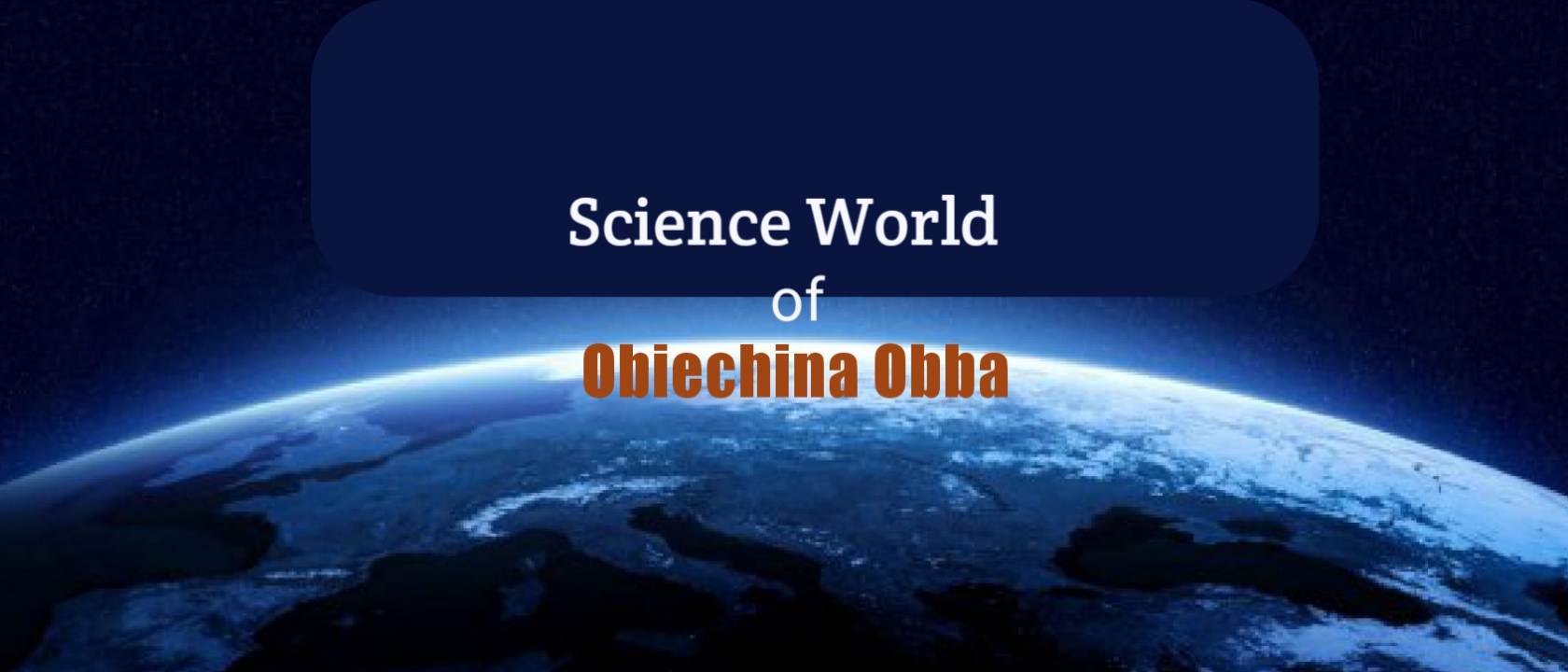
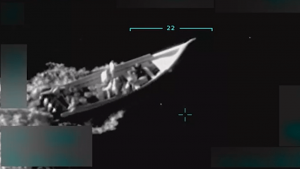
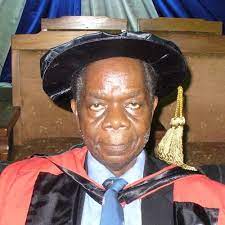
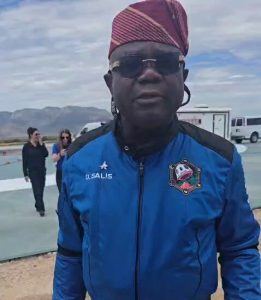
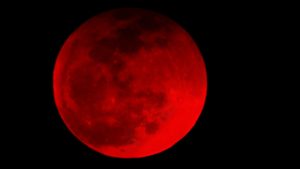
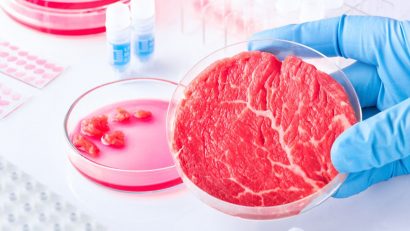


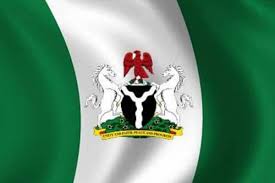
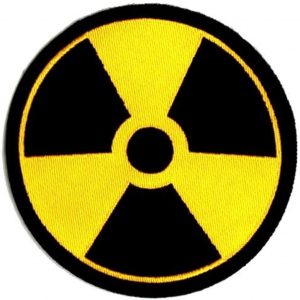


This makes interesting reading.I truly do not know why something like this Dangote refinery cannot be viewed from our National interest perspective. All we know is to politicize everything and instead of reaping benefits,we end up shooting ourselves in the foot. Anyway thanks Ken Ken.This has enlightened me more.
Thanks for finding the time to read Science World and for your kind comments.
God bless.